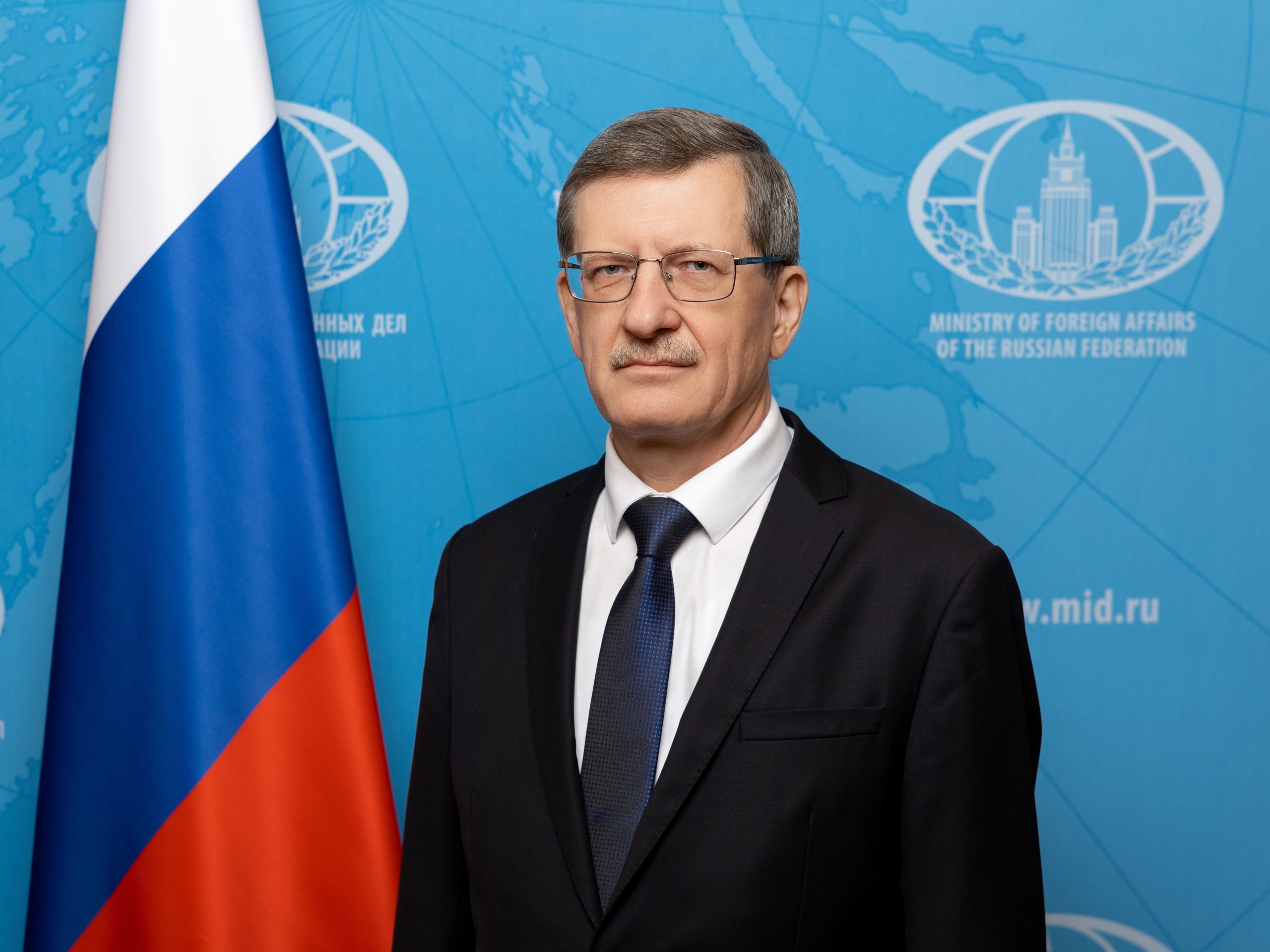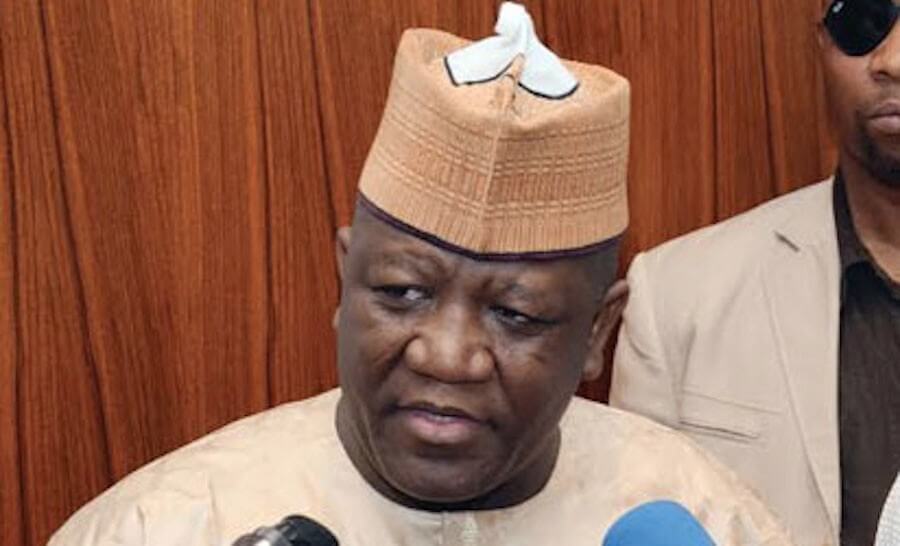
• More knocks for govt over new tariffs
• Senators plan protest, emergency session
• ‘Palliative’ turns sour as disposable income weakens
• We’re no longer fixing petrol price, FG says
Nigeria Labour Congress and Trade Union Congress (TUC) are consulting civil society allies and relevant organs of Labour towards embarking on strike over hike in the price of Premium Motor Spirit (PMS), otherwise known as petrol, from N148 to N161 per litre.
The consultations for strike was disclosed yesterday as the Senate hinted it might hold an emergency session to address worries raised by hike.
The President of NLC, Ayuba Wabba, said in Abuja that the NLC and TUC would convoke a meeting next week to deliberate on modalities for an industrial action. He also said NLC and TUC would visit Port Harcourt, the Rivers State capital to protest against alleged clampdown on labour activists by the Rivers State Governor, Nyesom Wike.
Both NLC and TUC accused Governor Wike of demolishing its Rivers State council office on February 2. Wabba alleged the demolition took place when workers started making demands for their entitlements based on new national minimum wage.
On the price hike, he said: “Clearly, the action of the Federal Government is most insensitive and an affront to the Nigerian people who are bearing heavy burden of the COVID-19 pandemic. Everywhere in the world, governments are granting various types of palliative but ours is interested in piling more miseries on its citizens. We will resist this latest move to impoverish the mass of the working people.”
The TUC President, Quadri Olaleye, in a statement, confirmed that consultations had started.He stated that increasing petroleum prices and electricity bills at a time people were losing jobs, when businesses were adversely affected by COVID-19, was a wicked step.
“They have developed a thick skin that our pleas and cries no longer mean anything to them. No government has raped this country like the present one; ironically it has enjoyed our understanding the most. They beat us and when we cry, they send security operatives after us or force us to pay a fine of N5m for ‘’hate speech’’. Our patience has run out,” he said.
The Guardian gathered the Port Harcourt protest earlier slated to hold on Monday was largely responsible for the inability of the two labour bodies to summon emergency meeting of its organ.
The President of African Region of Public Service International (PSI), Peters Adeyemi, also condemned the increment.Adeyemi, who is also the General Secretary of Non-Academic Staff Union of Educational and Associated Institutions (NASU), accused government of insincerity, saying it was the first government in history that increased petrol price without introducing palliatives.
He recalled that in June 2016 when the Buhari government removed subsidy, it said it had made provision for N500 billion intervention fund, which labour later found to be a lie.
IN the meantime, the Petroleum Products Pricing Regulatory Agency (PPPRA) has insisted it does not unilaterally dictate to marketers the price to sell petrol. It said Price Review Committee (PRC), which draws its membership from relevant stakeholders, including Labour, takes the decision.
On their plan to resist the price hike, lawmakers said an emergency session becomes necessary to resolve mounting agitations from within and outside the National Assembly over the hikes.
But when reached to confirm the emergency sitting, the spokesman for the Senate, Ajibola Basiru, said he was out of Abuja for an official party assignment.
It has been learnt the Senate leadership is worried about agitations among senators against the hikes. Senators said they were under immense pressure from their 109 constituencies to protest the hike and seek immediate reversal.
The planned protest will involve different parties and will be led by lawmakers in the All Progressives Congress (APC) and Peoples Democratic Party (PDP).
A world press conference, it has been gathered, will hold at the National Assembly to commence the protest, which is already generating worries for Senate leadership.
It was also learnt consultations were going on at zonal caucuses about the protest, likely to be concluded at the weekend. Many senators said they were disappointed in the hurried manner the fuel price hike was done without consulting the National Assembly.
Commenting on the hike, the Chairman of the Senate Committee on Sports, Obinna Ogba, said the increase in electricity tariff and fuel price at a time the economy had yet to recover from the effects of COVID-19, showed government was highly insensitive.
“The government is just showing insensitivity to the plight of Nigerians because by increasing the pump price of petrol and electricity tariff, the suffering of the people will become worse. The whole thing is not funny at all” Ogba said. Another lawmaker said they had received complaints from their constituencies against the increase in the price of fuel and electricity tariff.
“I can tell you legislators are more worried about these price increases because we are closer to the people. Just yesterday when this decision was taken, many lawmakers have been put under serious pressure by their constituents.
Also yesterday, a former deputy national publicity secretary of the All Progressives Congress (APC), Timi Frank, urged the leadership of the organised Labour in Nigeria to mobilise and shut down the country over the hike. Frank, who expressed his opinion in a statement in Abuja, called for mass protest against the hike. From 1990 to 2016, the prices of petroleum products were reviewed more than ten times.
The adjustment in 2000 under the democratically elected government marked a turning point in the economy as petrol moved up to N30 per litre, diesel to N29 and kerosene to N27.
The 2012 subsidy removal saw the price of PMS at N141 but the protest that ensued saw it back to N97. In 2015, President Muhammadu Buhari’s administration adjusted the price to N145.
Having failed to fulfil its price modulation promise in 2016, the Federal Government’s decision to reduce the pump price of petrol in March this year and embrace price modulation appeared welcoming initially, as many Nigerians did not understand that adjustments may not always mean a reduction in price.
REACTING to the nationwide protest, the Federal Government, yesterday, through the Minister of State for Petroleum Resources, Timipre Sylva, said government would no longer fix the price of petroleum products, especially petrol.
He noted that market forces would continue to determine the price, adding that continuous payment of subsidy was no longer sustainable in the face of current economic realities.
“Government stood back from the business of fuel importation. Government would only protect the consumer so that no one profiteers on consumers. We are no longer fixing prices, we have stepped back and allow market forces to determine prices,” Sylva said. He urged Nigerians to be patient and allow the deregulation policy to mature, stressing that the present situation would ease.
The minister linked the current increase to crude oil price at the international market, adding that the price went down when crude oil price was low.






